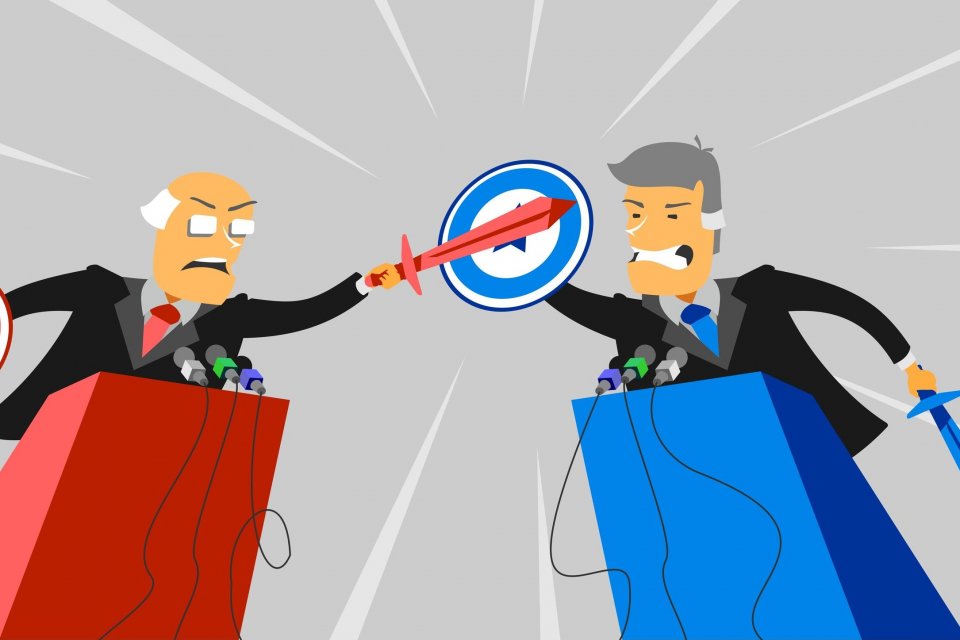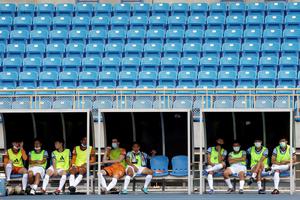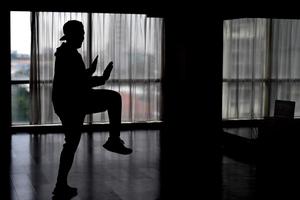Jokowi and Prabowo Fight to Lure Swing Voters in Election Debate

Fake News Harms Jokowi
According to the PARA Syndicate Executive Director Ari Nurcahyo, the debate in 2019 will be different from the 2014 Presidential Election. In 2014, the Jokowi-Jusuf Kalla pair reaped the advantages after the debate. “The situation is different now,” Ari said.
At the time, Jokowi-Kalla’s electability increased significantly due to their good performance in the election debate. The performance exceeded public expectations, which tended to assume the Prabowo-Hatta Rajasa pair will be better than its rival.
Citing Indikator’s survey results at the end of June 2014, the number of respondents who considered Jokowi won the first debate on 9 June 2014 was 47.6 percent. Meanwhile, respondents who thought Prabowo won were only 44.5 percent.
Jokowi’s performance improved in the next debate. After the second debate on 15 June 2014, 48.6 percent of respondents considered Jokowi as the winner of the debate. Meanwhile, respondents who thought Prabowo won the second debate were only 41.6 percent. Jokowi excelled in all debate categories, ranging from the substance of the problem to the way of expressing his opinions and programs.
Unlike 2019, Jokowi-Kalla and Prabowo-Hatta Rajasa were two new candidate pairs. “Jokowi is now the incumbent. The challenges are different,” Ari said.
According to him, the challenge for the two candidate pairs in the election debate is to lure the swing voters. For the Jokowi-Maruf camp, the approach to swing voters has become more complex due to the impact of fake news or hoaxes circulating on social media and other channels of communications.
Ari said, in a normal situation, the presentation of performance with data can be beneficial to the Jokowi-Maruf pair to attract rational swing voters. “The advantage for Jokowi as the incumbent is that his achievements can be confirmed by data,” he said.
However, the spread of hoaxes has confused the voters and made them hard to trust the candidates. Hoaxes deconstructed public confidence over data, including the ones presented by the incumbent. “This has resulted in the emergence of distrust over the incoming information, including the disclosure of data on the achievement of all kinds of development and performance,” Ari said.
According to Ari, voters can be emotional or irrational in this situation. “This is a strategy where incumbents are being knocked against the wall of distrust. It is easy to direct people who have trust issues,” he said.
On the contrary, Ari also questioned Prabowo’s strategy in the first debate, which tended to give wrong information. “Prabowo slipped his tongue repeatedly. Is it intentional or accidental? This may be part of the political communication strategy,” he said.
However, the spread of hoaxes also made various media vying to present facts and data checks during the election debates. “Objective facts and delusions will continue to clash, and this process determines the voters’ choices,” Ari said.






